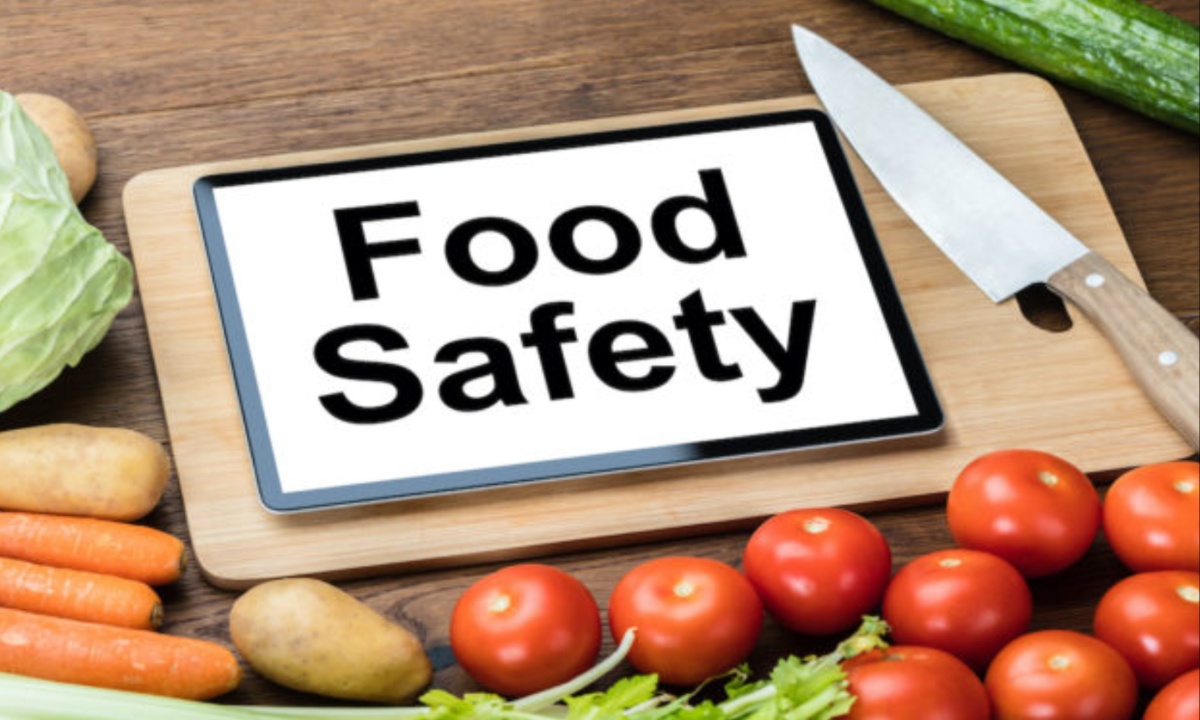In 2023, Belgium had fewer food-related outbreaks than in 2022. The Federal Agency for the Safety of the Food Chain (FASFC) reported 722 outbreaks, affecting 3,194 people, with 76 hospitalized and one death.
This was down from 830 outbreaks and 4,247 people affected in 2022, which resulted in two deaths. Only six outbreaks in 2023 were confirmed to be caused by contaminated food, where the same bacteria, viruses, or toxins were found in both food and affected individuals.
Data from Sciensano, Belgium’s national public health institute, highlighted viruses such as norovirus as the leading cause of 15 outbreaks, affecting 478 people, with two cases linked to oysters. Shiga toxin-producing E. coli (STEC) was responsible for 14 outbreaks and 48 cases, including one incident involving fermented raw milk.
The causative agents in 662 outbreaks remained unidentified. Other notable pathogens included Salmonella and Bacillus cereus, causing seven outbreaks with 38 and 60 cases respectively, and Listeria, which was responsible for one death across three outbreaks with 17 cases.

The food safety barometer, a tool indicating changes in the state of food safety in Belgium, showed a 2.2 percent improvement from 2022 to 2023. This improvement was attributed to a decrease in food poisoning cases, fewer salmonellosis incidents, and reduced Campylobacter findings in carcasses and meat.
Despite this progress, there were still 254 product recalls, mainly due to chemical or microbiological risks, and 85 warnings issued in 2023. The consumer contact point managed 4,865 complaints, a third of which were related to hygiene, with half of the investigated complaints being justified.
Belgium’s involvement in the Rapid Alert System for Food and Feed (RASFF) included 4,685 notifications across all EU member states in 2023. Belgium’s contact point contributed 379 notifications, with 132 alerts originating from Belgian products.
The majority of notifications were due to microbiological risks, primarily involving Salmonella. Additionally, the Belgian investigations unit recorded nearly 900 potential fraud reports, opening over 600 investigations, and participating in operations targeting illegal and counterfeit food products.
Significant efforts were made to tackle food fraud and safety violations, including participation in Europol’s Silver Axe operation against illegal plant protection products and Operation Opson targeting counterfeit food and drink.
Other focused controls included testing food supplements, sunflower oil, and American and Asian sweets, and inspecting butchers’ use of sulfites. Enforcement activities were also carried out at airports and through road checks to ensure food safety compliance.
